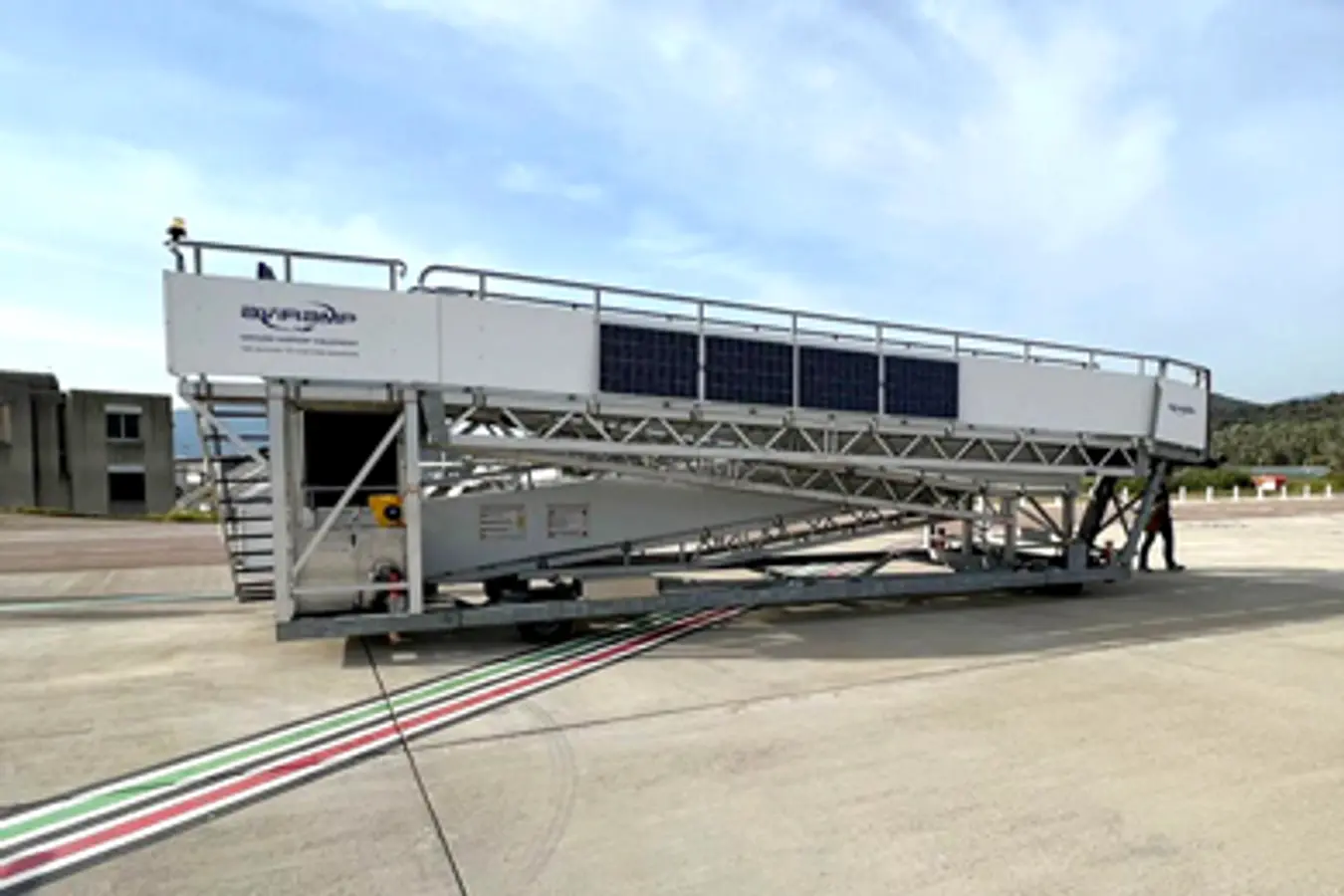
Aviramp CEO Graham Corfield says a new report claiming the aviation industry is “dangerously off track” to meet net zero targets by 2050 should be an urgent wake- up call to the whole sector.
The study from the Aviation Impact Accelerator project, based at Cambridge University, says that as flying becomes more affordable, aviation’s contribution to global CO2 emissions will continue to grow.
It sets out a five-year plan for investment in ‘frontier technologies’ to tackle emissions and warns: “Without swift and decisive action, we risk missing the opportunity to reach net-zero emissions by 2050.”
Graham said the report highlighted the need for the industry as a whole to take an innovative approach to reducing emissions.
“Sustainability is the single biggest issue in the aviation industry right now – and also the biggest opportunity for companies which invest in environmentally-responsible solutions and bring them to market quickly.
“This report should be a real wake-up call to the industry and suppliers to get moving on developing the technology of the future now and reaping the benefits as a result.
“Our development of the world’s first solar-powered range of boarding ramps is an example in point. Not only will they play a significant part in the aviation industry achieving its ambition to be net zero in carbon emissions by 2050, but they have cemented our position as the global leader in our field.
“The new suite of ramps can operate on solar power for a full day in almost all conditions – they are already in use at Highlands and Islands, for example – can be operated by just one handler thanks to their self-propelled specification and remove the need for any other GSE equipment.
“IATA says that ground handling can reduce its CO2 emissions by 1.8 million tonnes a year if all its ground handling equipment is electrically powered. That’s why our solar-powered ramps are so important for the future of the industry and indeed the planet.
“We spent lockdown looking at just how we could come up with sustainable solutions for the industry because we understood that demand for sustainable products is now where the market is.”